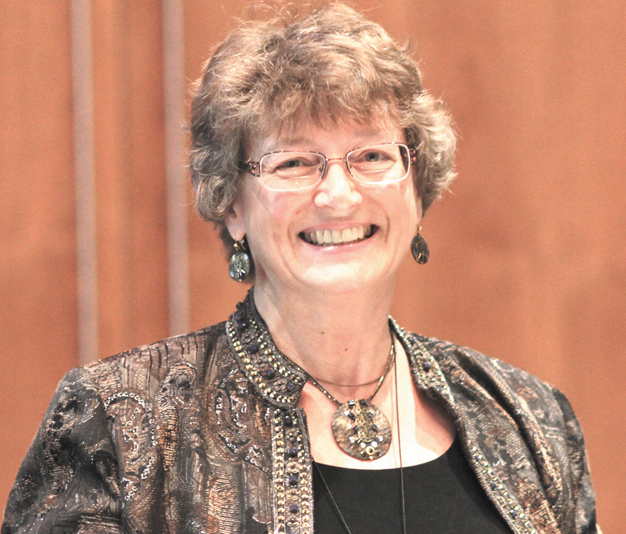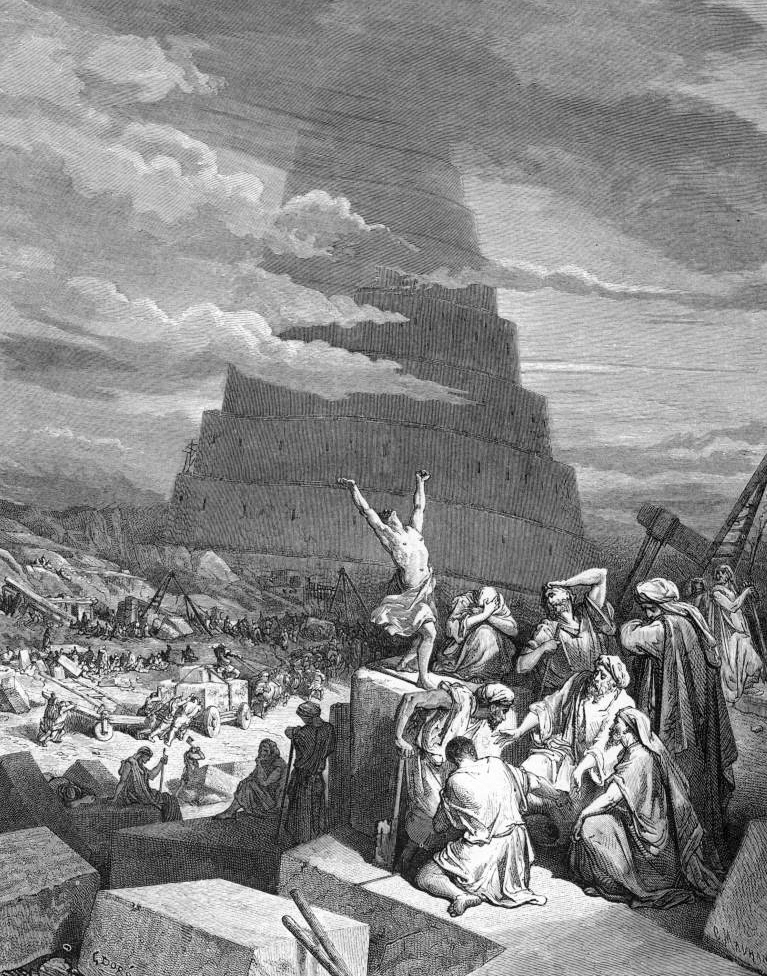Attitude adjustment

Considering Creation Series
Jewish Family Education with Candace R. Kwiatek, The Dayton Jewish Observer
Each year, many Jews practice the custom of tashlich, a symbolic “casting away” of sins by tossing bread crumbs, cracked corn, or birdseed into the flowing water of streams or lakes. This tradition finds echoes in an award-winning version of a Chasidic legend called Gershon’s Monster by Eric Kimmel. Every Friday, Gershon the baker would thoughtlessly sweep his sins from that week into the cellar, until eventually his behavior became a habit.
Then on Rosh Hashanah, he would stuff all his little monsters into an immense sack and throw it into the sea. Each year was no different from the one before: no introspection, no regret, no repentance. Until one day, the monsters returned, and they were immense.
What was in that sack? According to the storyteller, it was common ordinary things, like a broken promise, a lost temper, and a little untruth.
But the early tales of Genesis suggest that our misdeeds — from minor missteps to major transgressions — mirror our attitudes toward God: defiance, disregard, disillusionment, or dismissiveness. Their source? The subconscious belief that we ourselves are God, the center and sovereign of the universe.
“‘Of every tree in the garden you are free to eat; but as for the tree of knowledge of good and bad, you must not eat of it…(Gen. 2:16-17).’”
And yet, seeing that the tree’s fruit was beautiful and luscious and a desirable source of wisdom, Eve defied God’s command and ate the fruit, as did Adam. Which sovereign reigned? Certainly not God.
When beset by anger and jealousy, Cain didn’t listen to God’s advice: “…if you do not do right, sin is the demon at the door, whose urge is toward you.” But God encouraged, “Surely, if you do right, there is uplift. (Gen. 4:7).”
Disregarding God’s guidance, Cain killed his brother Abel. Which sovereign reigned? Certainly not God.
What about Noah? Although God contemplated blotting out all humankind for its wickedness, “Noah was a righteous man; he was blameless in his age; Noah walked with God (Gen. 6:9).”
As God planned for the Flood, tasking Noah with building the ark and gathering the animals, Noah did exactly as God commanded him.
In fact, Rabbi Jonathan Sacks noted, “During the whole sequence of events, Noah is not reported as saying a single word. Instead we read, four times, of his silent obedience.”
But after the Flood, we can imagine Noah’s puzzlement. Despite his meticulous fulfillment of God’s commands, his friends and relatives drowned, his home disappeared, and the world was laid waste.
Which sovereign was supposed to reign? Certainly not God. In Noah’s mind, his obedience should have steered God to a perfect outcome — by Noah’s standards. A disillusioned Noah, quite literally out of control, drank himself into oblivion.
One final story illustrates the same pattern. As people moved eastward they settled in the land of Shinar (Sumer), where they discovered that baking mud bricks made them as durable as natural stone, a significant technological advancement.

“And they said, ‘Come, let us build us a city, and a tower with its top in the sky, to make a name for ourselves; else we shall be scattered all over the world (Gen. 11:4).’”
In the minds of the people, who was sovereign? Certainly not God — who wasn’t even a factor. “As God is completely absent, they recognize nothing higher than themselves to bring glory to,” notes biblical commentator Dennis Prager.
Their dismissive attitude toward God is further amplified by the people’s unwillingness to scatter and realize the biblical command to “fill the earth.”
And then comes Abraham, who trusted in God and dedicated himself to God’s covenant. He obeyed God’s call, lech lecha, to leave everything behind and move to an unknown, faraway location.
He gave due regard to God’s advice to be patient for the long-awaited son with Sarah. He didn’t become disillusioned when giving up Ishmael or when challenging God’s sense of justice over Sodom.
Nor did he dismiss God when commanded to sacrifice his beloved son, the child whom God had promised would be the father of a nation.
Who was sovereign? In Abraham’s mind, there was no question: it was always God, never himself.
The early chapters of Genesis offer a panoramic view not only of God’s handiwork, but also of the possible relationships between humans and God.
And precisely because we are created in the image of God, are capable of free will, and know good and evil, our relationships with God are infinitely complicated.
They don’t have to be.
Why do we disobey God’s rules, like Adam and Eve? Why do we disregard God’s warnings, like Cain? Why do we become disillusioned with God, like Noah? Why do we dismiss God outright, like the tower builders?
Because, at times, we think we are God. All those times you missed the mark this year? You gossiped? You blamed another? You were too busy to call a lonely friend or drop off some soup to a sick neighbor? You gave up on God because your prayer wasn’t answered? Who was at the center of your world — you or God? Think again. We are not God.
Maybe it’s not just the common ordinary things like a broken promise, a lost temper, or a little untruth that need to be cast away this season. Maybe we need an attitude adjustment.
Literature to share
The Beast That Crouches at the Door: Adam & Eve, Cain & Abel, and Beyond by Rabbi David Fohrman. Do you often find yourself puzzled or uncomfortable with a biblical text? Do you ever wonder if there might be a deeper meaning behind the stories, descriptions, commandments, and genealogies? Do you wish there was a reader-friendly book that would invite you to ask questions, challenge the text, and then demonstrate how those very acts could help you unearth unexpected meaning and ideas? This is the book for you: engaging, though-provoking, and filled with the kinds of questions you want to ask (and many answers you’ve been seeking). You will never look at a Torah text in the same way again.
Whistle: A New Gotham City Hero by E. Lockhart. This young-adult superhero graphic novel offers more than a clear-cut good versus evil story. Modern crimes, multiracial friendships, and dilemmas involving obligations and ways to make a difference in the world are peppered throughout. Teens looking for a strong female superhero who wants to save the earth and protect abandoned dogs while fighting crime will find this alternate literary style a fun read.
To read the complete September 2021 Dayton Jewish Observer, click here.


